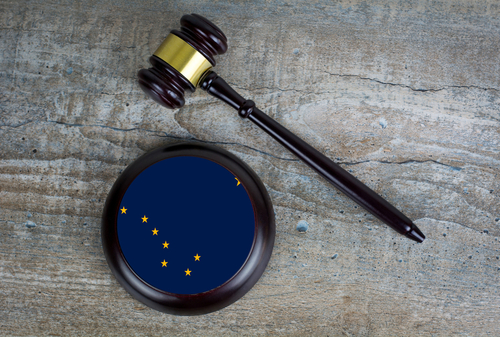Past PACER users would each get at least $350 in refunds under lawsuit settlement
Verdicts & Settlements
Past PACER users would each get at least $350 in refunds under lawsuit settlement
October 12, 2022, 10:08 am CDT
Image from Shutterstock.
The U.S. government has agreed to pay $125 million to settle a class action lawsuit claiming that the judiciary overcharged users of PACER, its electronic system of court records.
The deal, revealed in a motion for preliminary approval, would give most class members at least $350 in refunds for PACER charges between April 21, 2010, and May 31, 2018.
Those who paid more than that would receive a pro rata share of remaining settlement funds. If there are unclaimed funds after the initial distribution, they will be allocated evenly to all class members, except that no one will receive more than they paid.
Class members won’t have to submit claims to receive payment.
Part of the settlement would cover attorney fees, administrative costs and incentive awards to the named plaintiffs. The amount would be no more than 20% of the settlement fund.
Law360, Reuters, Bloomberg Law, the National Law Journal and Politico are among the publications with coverage of the settlement.
The 2016 lawsuit had alleged that the 10-cents-per-page download fee, capping out at $3 per document, was much higher than the actual cost of providing public records. The named plaintiffs are three nonprofits—the Alliance for Justice, the National Veterans Legal Services Program and the National Consumer Law Center.
Ruling in the case in 2018, a federal judge said PACER fees shouldn’t have been used for projects unrelated to the Case Management and Electronic Case Filing (CM/ECF) System, including many courtroom technology projects. The U.S. Court of Appeals for the Federal Circuit ruled in August 2020 that the judge “got it just right.”
The judiciary has already lowered PACER fees, so that it is free to users who incur $30 or less in fees per quarter. That cut eliminates fees for 75% of users, according to the motion. In addition, a pending bill in Congress would eliminate PACER fees.
The House of Representatives has passed the bill, and the Senate Judiciary Committee recently advanced similar legislation, according to the motion.






